What's in this article?
Nodular Acne
A severe form of acne characterized by the presence of large, inflamed, and often painful breakouts. Nodules are larger and more serious than your typical pimple. They affect deeper layers of the skin, and can be painful.

Acne nodules are large, hard bumps under the surface of the skin. When a nodule heals, it leaves an acne scar.
Some experts believe the term nodular acne describes severe acne forms more accurately than does the term nodulocystic acne. In any case, nodular acne can be difficult to treat and may require the use of isotretinoin.
Nodular acne can occur on the face, back, and body. This type of acne can cause severe scarring, and should be treated by a dermatologist.
Nodular Acne Symptoms

Nodular can cause more than blemishes. Studies show that people who have acne can have:
♦ Low self-esteem: Many people who have acne say that their acne makes them feel bad about themselves. Because of their acne, they do not want to be with friends. They miss school and work. Grades can slide, and absenteeism can become a problem because of their acne.
♦ Depression: Many people who have acne suffer from more than low self-esteem. Acne can lead to a medical condition called depression. The depression can be so bad that people think about what it would be like to commit suicide. Many studies have found that teens who believe that they have “bad” acne were likely to think about committing suicide.
♦ Dark spots on the skin: These spots appear when the acne heals. It can take months or years for dark spots to disappear.
♦ Scars (permanent): People who get acne cysts and nodules often see scars when the acne clears. You can prevent these scars. Be sure to see a dermatologist for treatment if you get acne early between 8 and 12 years old. If someone in your family had acne cysts and nodules, you also should see a dermatologist if you get acne. Treating acne before cysts and nodules appear can prevent scars.
Nodular Acne Signs
Many people think that acne is just pimples. But a person who has acne can have any of these blemishes:
♦ Blackheads.
♦ Whiteheads.
♦ Papules.
♦ Pustules (what many people call pimples).
♦ Cysts.
♦ Nodules.
Acne appears on the face in all of the photographs above, but it can appear on other areas of the body. Acne can appear on the back, chest, neck, shoulders, upper arms and buttocks.
Nodular acne Treatment
There are also conventional acne medications for lessening the swelling of acne nodules.
The most popular drug that dermatologists use to treat nodular acne is cortisone which is directly injected into the nodules. This provides a controlled shriveling of the nodules and also reduces the chances of scarring.
Oral corticosteroids such as prednisone are also used for treating nodular acne.
Other medications that work by different mechanisms can also be prescribed. Some of these drugs kill off the acne-causing bacteria while others prevent the androgen stimulation that causes the production of excess sebum.
Topical OTC acne products including active ingredients such as benzoyl peroxide and salicylic acid may shrink nodules. These agents are primarily antibacterial agents and exfoliants.
Stronger medications such as oral and topical antibiotics are also available for killing off acne-causing bacteria. However, these bacteria quickly develop resistance to those antibiotics. For this reason, antibiotics are rarely used alone in the treatment of nodular acne.
Anti-androgens such as spironolactone and oral contraceptives containing estrogen and progestins are also effective for breaking the chain of events that eventually promote the formation of nodules.
These medications block androgens such as testosterone from interacting with the sebaceous glands. Therefore, they reduce the production of sebum and prevent the runaway growth of bacteria.

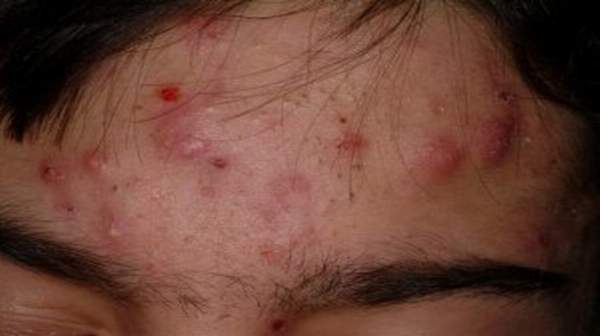

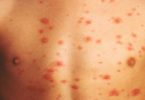
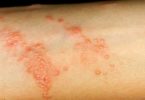
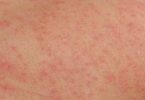
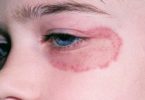
Generally I don’t read post on blogs, but I wish to say that this write-up very pressured me to take a look at and do so! Your writing style has been amazed me. Thank you, quite nice post.